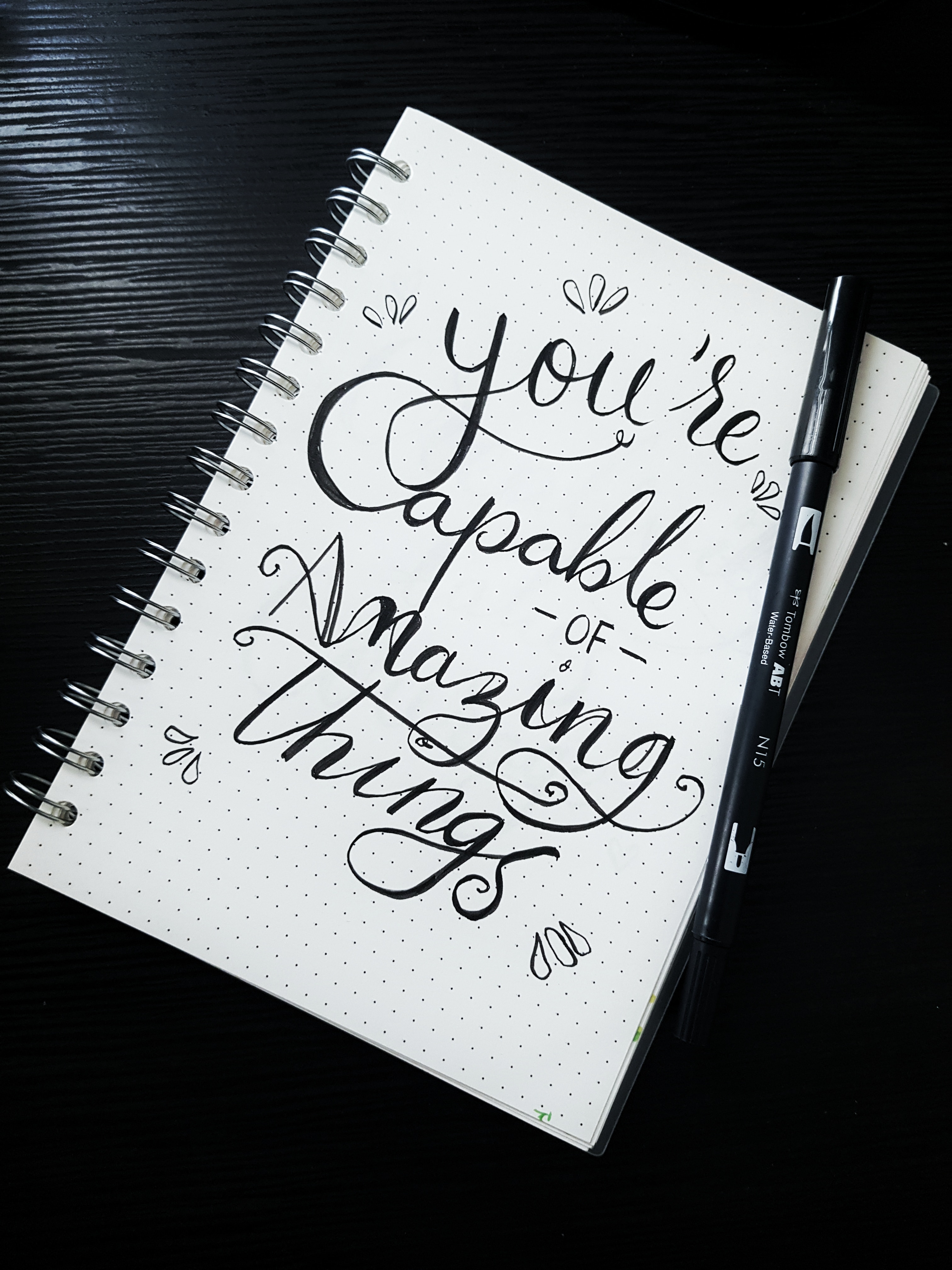Learning is a lifelong journey that shapes our understanding of the world and empowers us to grow as individuals. As a personal blogger, I have always been fascinated by the process of learning and its profound impact on our lives. Throughout my own experiences, I have come to realize that learning is not only about acquiring knowledge but also about embracing curiosity, seeking new perspectives, and constantly challenging ourselves. In this article, I will explore the importance of learning, share my personal insights, and delve into the research behind effective learning strategies.
From the moment we are born, our brains are wired to absorb information and make sense of the world around us. As children, we learn through play, exploration, and imitation. Every new experience becomes an opportunity for growth, as we eagerly soak up knowledge like sponges. However, as we grow older, the way we approach learning often changes. We may become more focused on achieving specific goals or conforming to societal expectations, which can hinder our natural curiosity and hinder our ability to embrace new knowledge.
Personally, I have experienced both the joy of learning and the challenges that come with it. There have been times when I felt overwhelmed by the vast amount of information available, unsure of where to begin or how to retain what I had learned. However, through trial and error, I have discovered strategies that have helped me become a more effective learner.
One of the key lessons I have learned is the importance of maintaining a growth mindset. This concept, popularized by psychologist Carol Dweck, suggests that our abilities and intelligence are not fixed traits but can be developed through effort and perseverance. By embracing a growth mindset, we can view challenges as opportunities for growth rather than setbacks. This mindset shift has allowed me to approach learning with a sense of curiosity and resilience, enabling me to overcome obstacles and continue to expand my knowledge.
Another valuable lesson I have learned is the power of active learning. Instead of passively consuming information, I have found that actively engaging with the material through activities such as discussions, problem-solving, and hands-on experiences enhances my understanding and retention. Research supports this notion, with studies showing that active learning promotes deeper understanding, critical thinking, and long-term retention of information (Freeman et al., 2014).
Furthermore, I have discovered the benefits of seeking diverse perspectives and learning from others. Engaging in discussions, whether in person or online, has exposed me to a multitude of viewpoints and challenged my own assumptions. This has not only broadened my understanding but also fostered empathy and open-mindedness. By actively seeking out diverse perspectives, we can develop a more nuanced understanding of complex issues and become better equipped to navigate an increasingly interconnected world.
Additionally, I have come to appreciate the role of reflection in the learning process. Taking the time to reflect on what I have learned, how it connects to my existing knowledge, and how it can be applied in real-life situations has helped solidify my understanding and make the learning experience more meaningful. Research suggests that reflection enhances learning by promoting the integration of new knowledge with existing mental frameworks and facilitating the transfer of learning to new contexts (Dewey, 1910).
In conclusion, learning is a transformative process that shapes our understanding, perspectives, and personal growth. By embracing a growth mindset, actively engaging with the material, seeking diverse perspectives, and reflecting on our learning experiences, we can become more effective learners. Learning is not confined to the classroom or a specific stage of life; it is a lifelong endeavor that empowers us to continuously expand our horizons and unlock our full potential.
References:
– Dewey, J. (1910). How we think. D.C. Heath & Co.
– Freeman, S., Eddy, S. L., McDonough, M., Smith, M. K., Okoroafor, N., Jordt, H., & Wenderoth, M. P. (2014). Active learning increases student performance in science, engineering, and mathematics. Proceedings of the National Academy of Sciences, 111(23), 8410-8415.




